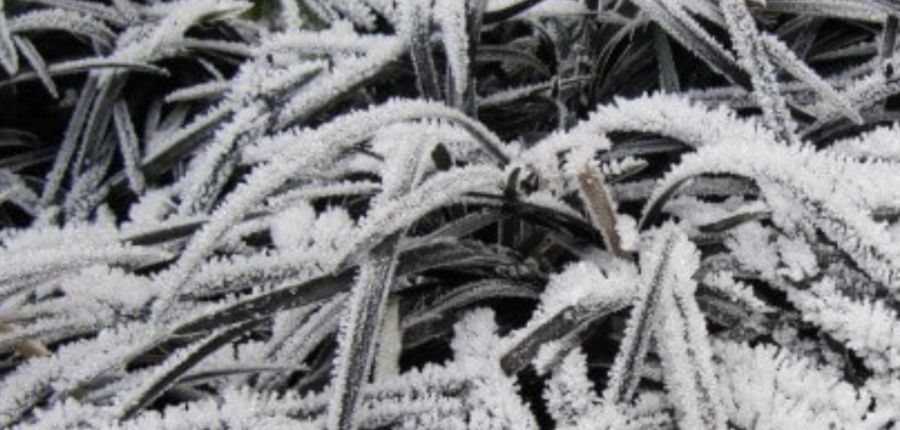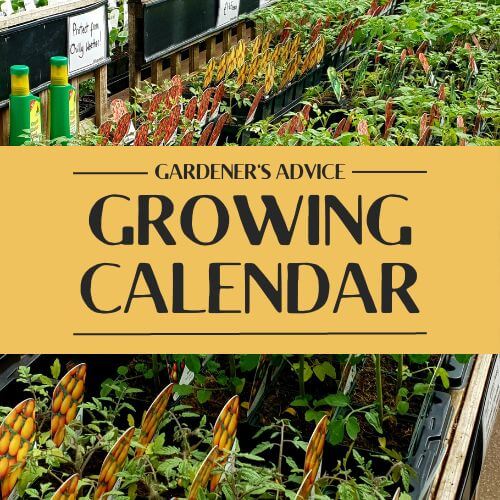Gardening in early May - frost alert!
Posted By: rocket veg Category: Growing Veg, Seasonal Advice(Posted May 2019)
The spell of unseasonably warm weather we enjoyed this Easter was great for getting seeds to germinate and plants growing, but don’t let it fool you into thinking that winter temperatures are a thing of the past. Late frosts are not uncommon – even well into May – and nothing is more dispiriting than the sight of shrivelled plants, their tender leaves well and truly nipped. I arrived at my allotment early the other morning to feed my hens, only to see the grass nearby covered with a pale, white ‘dusting’, not a heavy frost but enough to do damage. I was reminded of the time when the climbing bean plants which I had put out to harden off – and then forgotten to take into shelter overnight - were dead. I had learned the hard way never ignore warnings of frost.
Cold nights are very unwelcome for us allotmenteers as we are itching to plant out our tender plants - beans and peas, tomatoes and cucumbers, courgettes, squash and the like. I have trays of seedlings which I have carefully tended over the past weeks, healthy young plants whose roots are now showing from the base of the pots, desperate to put down proper growth in deep, rich soil. I am fortunate to have a greenhouse in which to raise seedlings and protect young plants and a year or two ago, I built a simple cold frame using an old window, so I have no excuse for making sure that all my frost-tender plants are well and truly protected.
Warm, sunny days at this time of year are often followed by a chilly nights, so watch the weather forecast and be ready to protect your precious crops. Here are a few hints and tips which I hope you will find useful…
Potatoes
The trick with potatoes is to time the planting so that the first foliage appears after the risk of frost has past. In reality, this is easier said than done, especially if, like me, you are keen to get an early crop of new potatoes and plant your seed potatoes in March, in which case, be prepared to cover the foliage as soon as it appears. This is best done by ‘earthing up’ – gently dragging up soil from between the rows of spuds with a draw hoe and carefully depositing it on the foliage as an earthy blanket. My first potato shoots appeared this week and I got to work with a hoe, walking between the rows and drawing soil over them. Earthing up is satisfying work: as well as protecting the potato plants, it also encourages longer stems to develop under the ground, resulting in a better crop.
Fleece
Horticultural fleece, made from spun polyester, is a boon for gardeners. If frost threatens, simply fling a piece of fleece over the leaves of your tender crops, making sure that you weight the corners of the fleece down with bricks or similar.
Cloches
Like a mini greenhouse, cloches warm the soil and space around your plant to protect it from harsh outside weather. Easy to move around and so great for low gfrowing planst (veg, strawberries etc.).
If May frost threatens and the forecasters say ‘Gardeners take note’ – they mean it!







